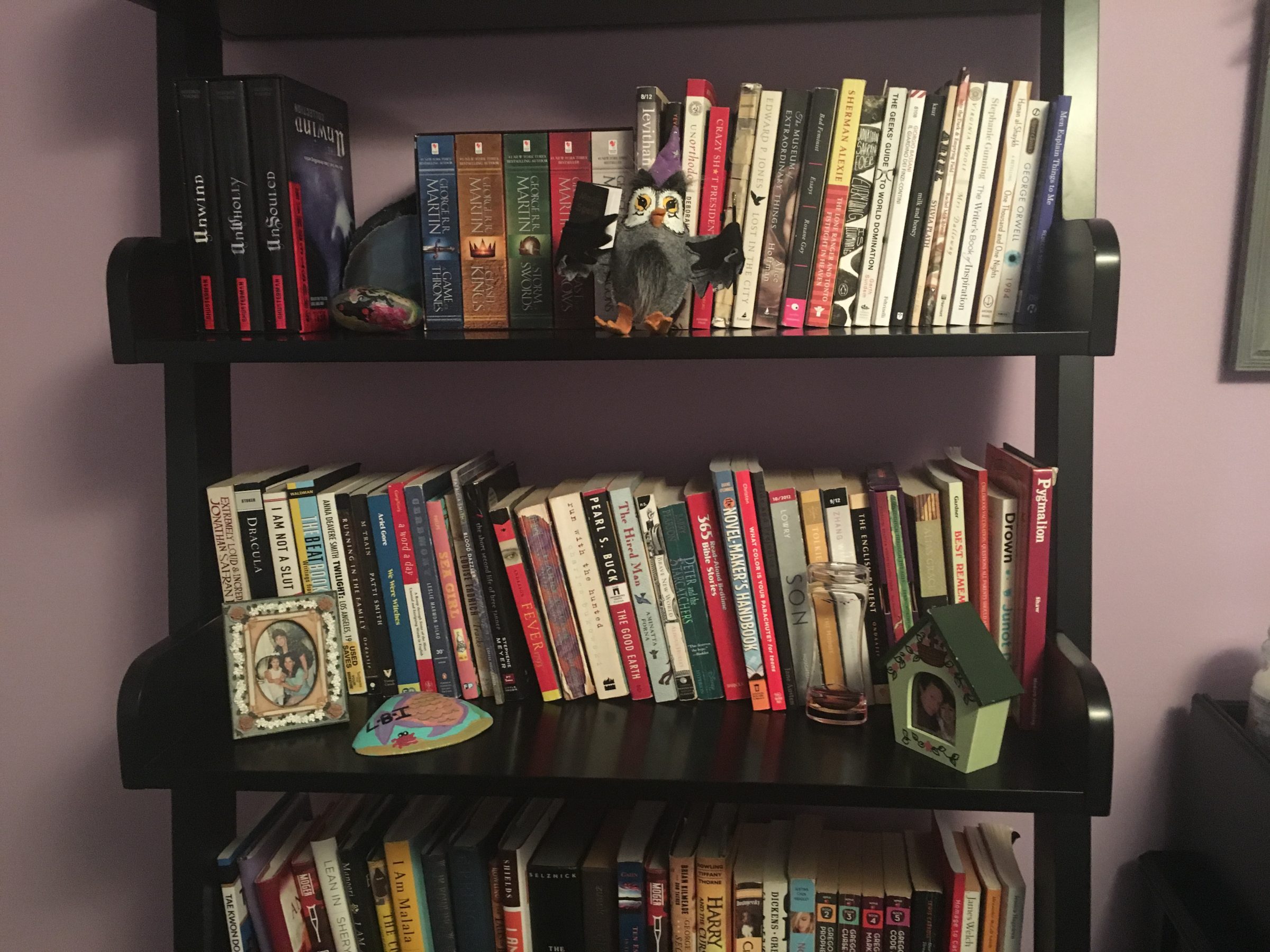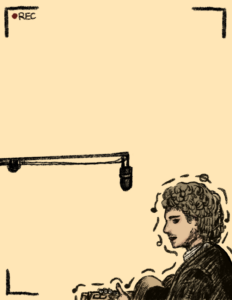Ever since I saw Call Me By Your Name (2017), I’ve wanted to read the book. The film was so beautiful: the dreamlike Italian setting, the connection between the two main characters, the romance. I thought, I’d love to get inside that character’s head. And when I finally got around to reading André Aciman’s novel, I was not disappointed.
The novel centers around Elio, a 17-year-old son of professor parents, and Oliver, a 24-year-old graduate-student assistant who is staying with Elio’s family at their Italian villa for the summer while finishing his book. The story is told through Elio’s eyes, as he rapidly falls in love with Oliver and deals with all the repercussions of what that means as a teenager in the 1980s, constantly yearning for what seems to be just out of reach.
The novel is atmospheric and dreamy, and the reader feels almost drunk on Aciman’s descriptions of the Italian villa where most of the story takes place. The warm summer heat, condensation on cool glasses, refreshing swims in the pool. It all feels idyllic and unreal.
I was also surprised at how sexual the novel was. Sure, the setting was sensual, but it felt like the narrator, Elio, was pretty much horny all the time. He connects everything back to sex, even seemingly innocuous things like fruit (if you don’t know what I’m referencing, Google the infamous peach scene).
I didn’t mind it, but it took me off guard. It was like being in the mind of a teenage boy, which I guess was the goal, but also a teenage boy mature beyond his years. His intense sexual desire had a very adult, fleshed out feel to it. It wasn’t mature in the sense that it was rational or practical. Instead, it was fully realized and pulsing in a way that my own sexuality definitely wasn’t when I was 17.
One of Aciman’s first descriptions of Oliver is distinctly sensual: “Despite a light tan acquired during his brief stay in Sicily earlier that summer, the color on the palms of his hands was the same as the pale, soft skin of his soles, of his throat, of the bottoms of his forearms, which hadn’t really been exposed to much sun. Almost a light pink, as glistening and smooth as the underside of a lizard’s belly. Private, chaste, unfledged, like a blush on an athlete’s face or an instance of dawn on a stormy night. It told me things about him I never knew to ask.”
But in some ways, Elio is also very immature. While he knows what he wants sexually and acknowledges the power of his desires, he also carries deep shame about them. He feels very young in the face of 24-year-old Oliver, a Greek god-looking adult man. He feels like a child, beholden to desires and intense physical reactions he can’t seem to control. He is enthralled by Oliver and simultaneously disgusted by the hold Oliver has over him.
The book provides a look into an incredibly anxious mind. Elio dissects every single interaction, every glance, every touch, every word in incredible detail. He obsesses with every aspect of Oliver, physical and otherwise. He can’t help but agonize for hours over whether he said the right thing, whether Oliver hates him now, whether Oliver is interested in him, and so on. Nothing is ever simple in Elio’s mind.
“After I had finished my transcription, I became aware of the keenest glance coming from my left. It thrilled and flattered me; he was obviously interested—he liked me. It hadn’t been as difficult as all that, then. But when, after taking my time, I finally turned to face him and take in his glance, I met a cold and icy glare—something at once hostile and vitrified that bordered on cruelty. It undid me completely. What had I done to deserve this? I wanted him to be kind to me again, to laugh with me as he had done just a few days earlier on the same abandoned train tracks,” Aciman writes.
Truthfully, sometimes I found the intense detail of Elio’s anxious mind to be exhausting. But I think that might have been Aciman’s intention, to portray the extreme complexity and fragility of every human interaction—how we can never simply know another human being. We are all so self-centered, so caught up in our own preoccupations, that we spend an inordinate amount of time living in our heads rather than acting on our feelings.
Of course, it wasn’t so simple for Elio to just make a move on Oliver (the time they were living in, the fact that Oliver was staying under his family’s roof, the lack of certainty about Oliver’s sexuality or his potential feelings for Elio), but Elio does express multiple times that he wishes he had acted sooner, that they could have had the whole summer together if they’d simply taken the plunge and stopped thinking so hard.
The drama and the obsessiveness of Elio’s inner monologue, while at face value seemingly exaggerated to the highest degree, was actually refreshingly real. No one likes feeling obsessive, and no one wants to be the immature person lusting after an impossible idyll. But it’s just a fact that all of us either have been or will be that person at some point. All of us have dissected every detail of a conversation in our heads, hoping we said the right thing. All of us have convinced ourselves that the object of our affection could never feel the same way about us, particularly as teenagers. Aciman’s novel speaks uniquely to the teenage experience, despite not reading as a simple teen romance. His writing style lends maturity to the teenage experience in a beautifully painful way.
As I was reading, I felt my heart ache for Elio. Sometimes I wanted to shake him and tell him to snap out of it. Sometimes I wanted to punch him in the face. Sometimes I wanted to give him a really big hug. But I came away from the book with so much love for Elio, so much sympathy for him, and so much hope for impossible but ultimately real love.
In the book, unlike the movie, we follow Elio and Oliver into adulthood. Their reunion as middle-aged men was a nice touch, as it wasn’t idealistic or overly dramatic. The two simply found their way back into each other’s lives and returned to the place that housed their one unforgettable summer together. They don’t magically become completely comfortable around each other right off the bat. There’s a period of adjustment, of getting to know one another again. And they also don’t immediately fall back into bed together, which was refreshing.
The book ends on a simple note, with the two of them lost in memories of times past and looking toward the future: “Just this once, turn to me, even in jest, or as an afterthought, which would have meant everything to me when we were together, and, as you did back then, look me in the face, hold my gaze, and call me by your name.”
This book was moving, intense, and unique, and if the movie’s success is any indicator, I think the love story of Oliver and Elio will be considered a classic for years to come.






